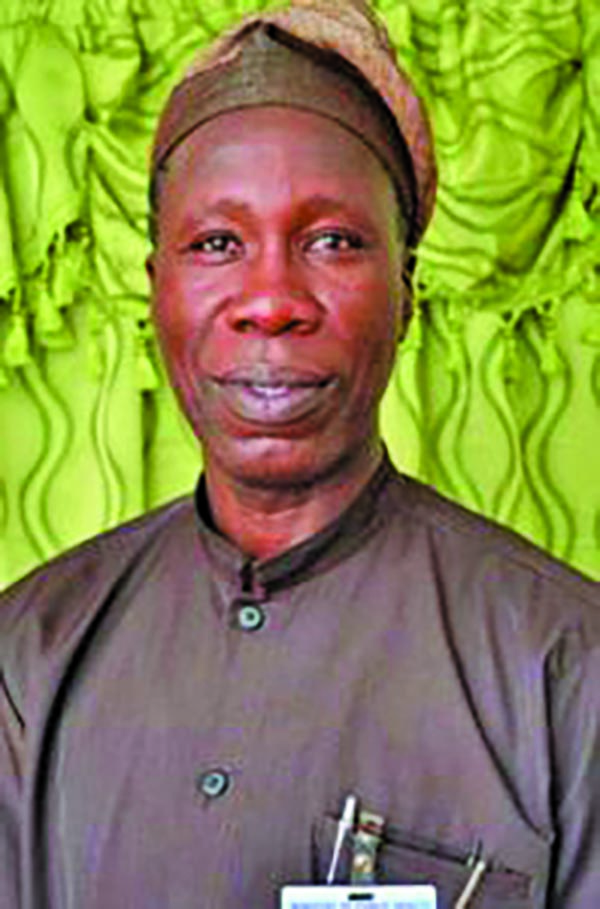As continuous efforts are being made to bring awareness of the seriousness of mental health in Guyana, and the severity of its impacts on youths, the Health Ministry’s Mental Health and Adolescent Health Unit, in collaboration with the Rotaract Club of Georgetown, Life Reform, and Desert Flower Guyana, on Wednesday evening held a webinar session called “The Mind Matters”.
Senior Psychologist and Supervisor of the Psychology Department within the Mental Health Unit at the Health Ministry, Balogun Osunbiyi, along with Assistant Mental Health Counsellors Crystal Debidin and Rosana Wilson shared information on the importance of a healthy mind.
With the presentation focusing primarily on how individuals can improve their overall well-being by getting their minds in tune to the goals they hope to achieve, Osunbiyi explained why it was important to have a healthy mind and the resultant benefits.
“Looking after our mental health and emotional well-being is just as important as caring for our physical health. Our mind and body are not separate, disconnected things – they are a part of what makes us whole,” the psychologist expressed.
He went on to state that “mental health and physical health, therefore, are both part of our overall health and well-being. For example, experiencing physical symptoms like headache, tiredness, shaky hands, etc, as a result of stress, anxiety or low mood.”
Osunbiyi noted that whereby there were times persons may feel as though they have no control of the thoughts and feelings they might be having at a given time – which may sometimes be negative, there are ways in which persons can improve their mood, which will make a difference in improving their mental health.
“Just as with our bodies, we need to look after our minds at all times, not just when we feel bad.”
Assistant Counsellor Debidin then shared key activities for a healthy mind – sleep time, physical time, time in, down time, play time, and connecting time.

Balogun Osunbiyi











